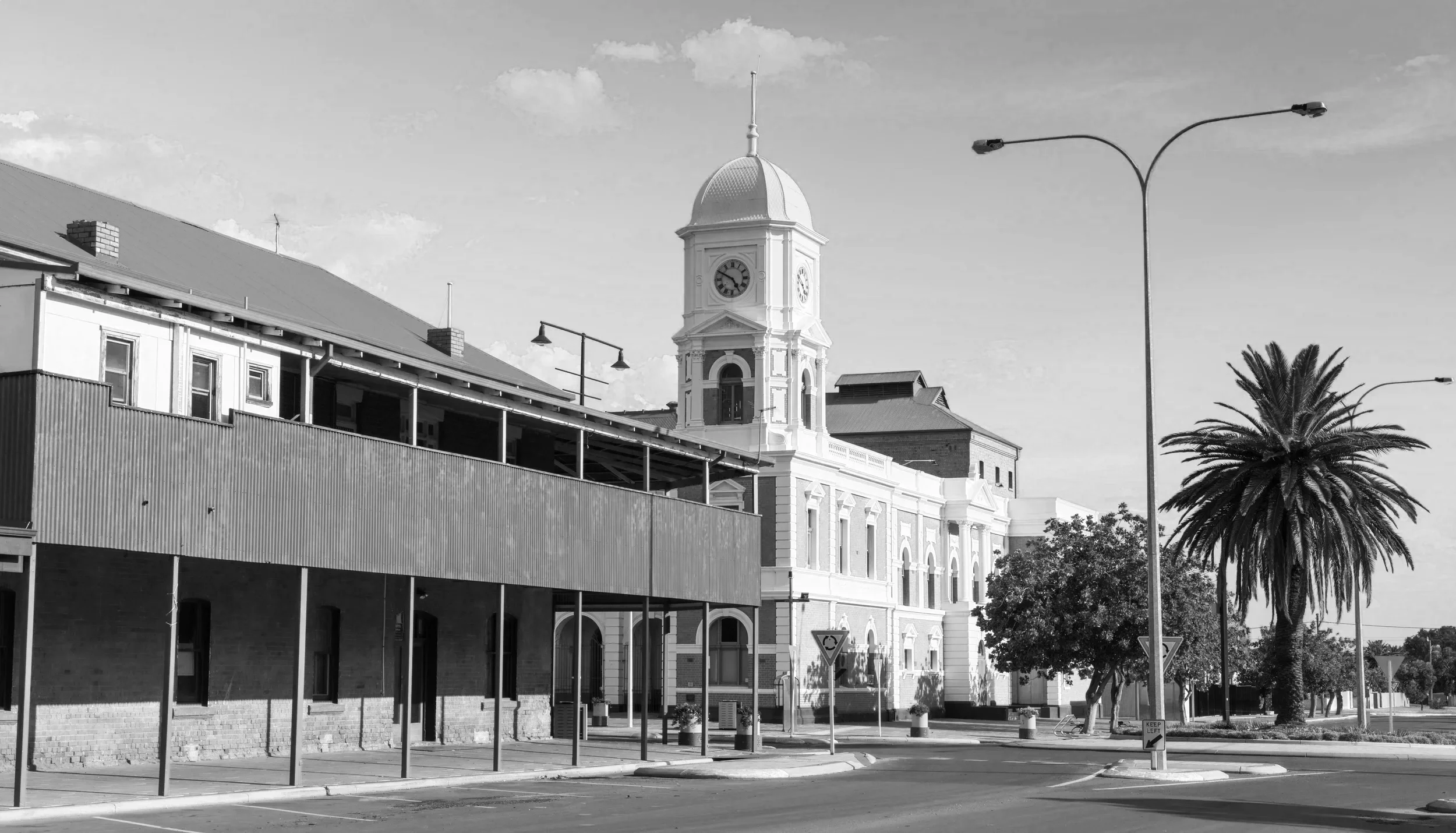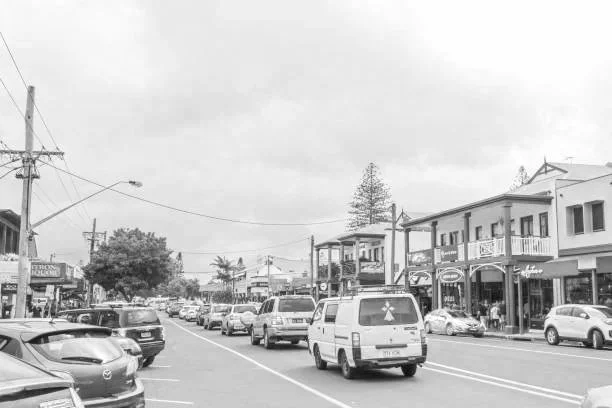2019 Year in Review
In our final blog of the year, we recap on 'the year that was' by showcasing the broad variety of projects we have delivered in 2019 as well as re-sharing all blogs released on our website throughout the year (ideal for reading over the holidays 😎).
2019 has been a rewarding year for the team at Beacon Strategies and we wish all of our partner organisations a restful holiday season and look forward to working with you all again in 2020.
Our Projects
In no particular order, we'd like to thank all of the organisations we have worked with throughout 2019 for what was a year jam-packed with meaningful work. Just note that a number of these projects are still 'in progress' - so watch this space in 2020 for updates. As always, if you want to know more about any of the projects below, reach out for a chat. We are always up for it.
A strategic workforce framework developed to support coordinated, place-based primary healthcare workforce planning across Country Western Australia.
A system-level review examining primary care workforce stability and service access in Kalgoorlie to inform place-based commissioning and service design.
An independent review of a local street-based harm minimisation program for young people for local council to support their future commissioning strategy
A region-wide needs assessment to inform planning and system improvement for at-home palliative care in the Brisbane South PHN region.
Beacon Strategies partnered with the Ipswich Community Youth Service (ICYS) to co-design the ICYS PIVOT Program, a specialised alternative learning program based in Ipswich and funded by the Department of Education. The program has been developed to support young people aged 10–16 who are in contact with the youth justice system or have needs that cannot be accommodated in a conventional school setting. Co-design and consultation were key elements of the project to ensure that the program design process was informed by young people with lived experience and stakeholders who have relevant knowledge and expertise.
MHA engaged Beacon Strategies to review the design of the Embrace Framework – a resource that guides mental health services to evaluate and enhance their cultural responsiveness.
We were engaged by Wesley Mission Queensland to co-develop a Lived Experience Practice Framework, which provides a shared foundation for embedding lived experience across the organisation. The framework supports consistency, clarity and values-led practice.
Beacon Strategies was engaged for a review of governance arrangements and financial sustainability for a national peak body and its member network.
A state-based mental health advocacy organisation engaged Beacon Strategies to support a review of its operating structure.
We were engaged to conduct a structured review to support a mental health organisation to adapt its structure in line with growth and mission.
Summer Reading
Read on for a comprehensive listing of all our blogs that were released in 2019. We look forward to bringing you more insights in 2020!
In complex health systems, stakeholder engagement is not a nice-to-have — it is the mechanism through which outcomes are achieved. Based on a review of comparable frameworks across health, government and the private sector, this article outlines what a “good” stakeholder engagement framework looks like, and why structure, clarity and operational relevance matter.
Program logic is a practical resource for program planning, service delivery, stakeholder communication and evaluation.
An impact framework is a structured approach that orgs connect day-to-day activities to the long-term change they aim to create. It’s about mapping how those actions lead to meaningful outcomes and impact over time.
While 'care pathway' is a commonly used term, there are many different definitions and types of pathway that exist. We look at what a care pathway is, how to develop one and some case studies.
The 'co-design capability' domain focuses on the skills, tools, and mindset within the organisation to effectively engage in co-design.
The domain of 'co-design practice' is centred around the practical implementation of co-design. This is likely the domain that most people associate with 'co-design' — preparing to deliver and facilitating co-design activities.
'Policies and Frameworks' are structural elements within an organisation that either facilitate or obstruct co-design efforts. Effective co-design is not an accidental achievement but a result of well-thought-out policies and frameworks.
The 'Resource Allocation' domain examines the organisation's commitment to allocate necessary financial, time, and spatial resources for effective co-design.
The 'Leadership' domain of our Organisational Co-design Readiness Assessment tool focuses on the organisational commitment to support co-design at a leadership level, including the operational readiness and willingness to engage in shared decision-making.
Organisational culture is the foundation that can either support or hinder co-design efforts. It's about the shared values, beliefs and practices that guide how employees engage in co-design processes.



















